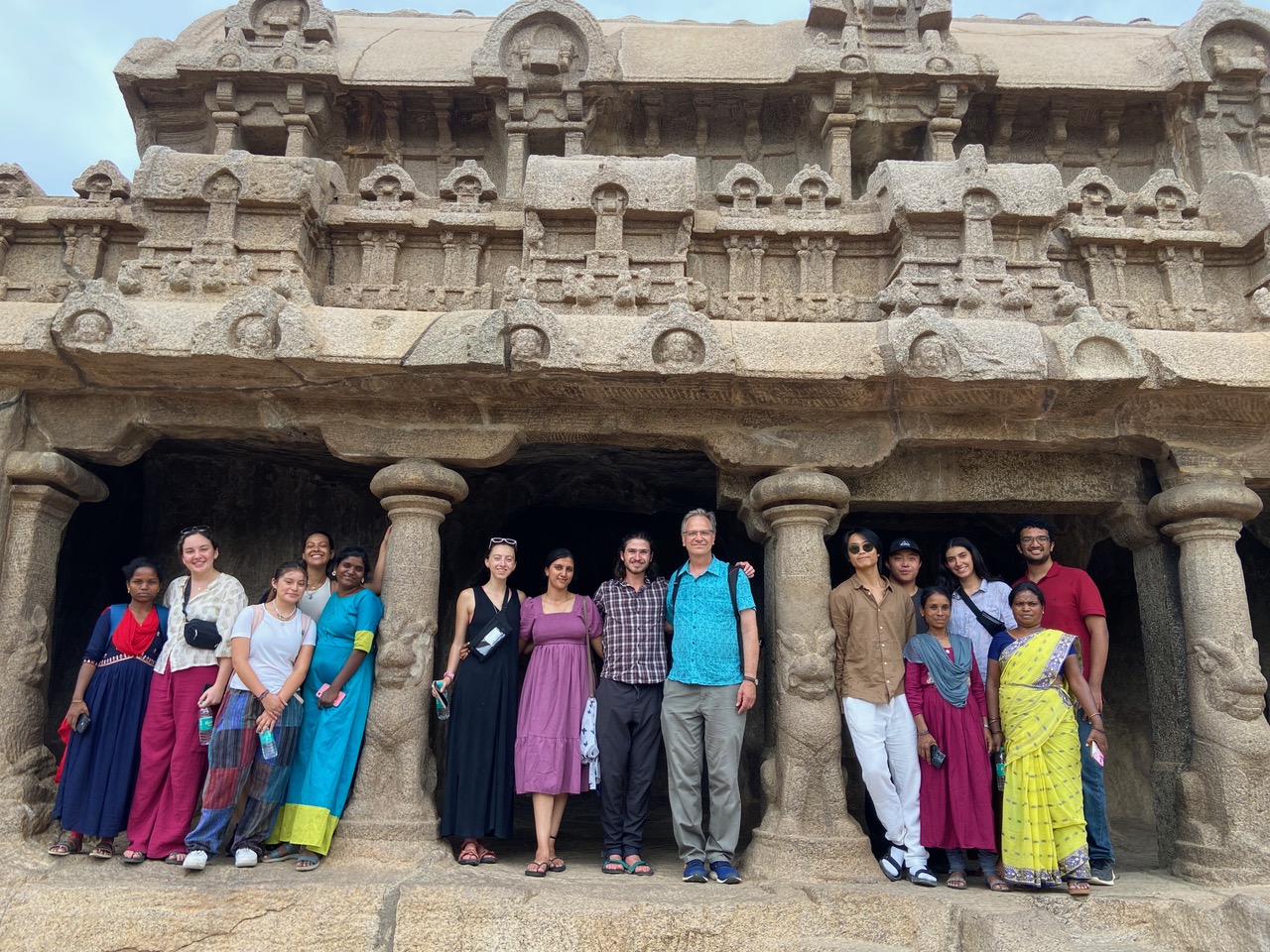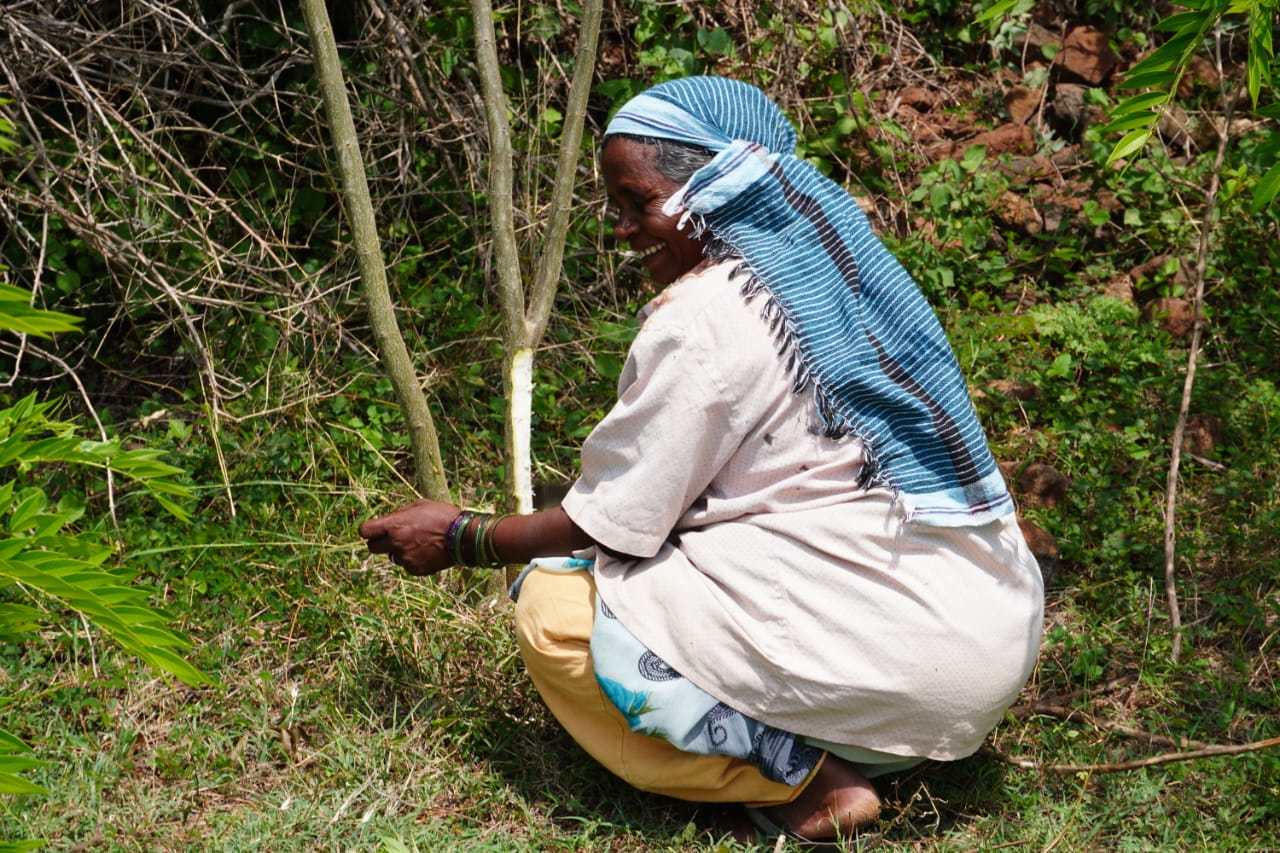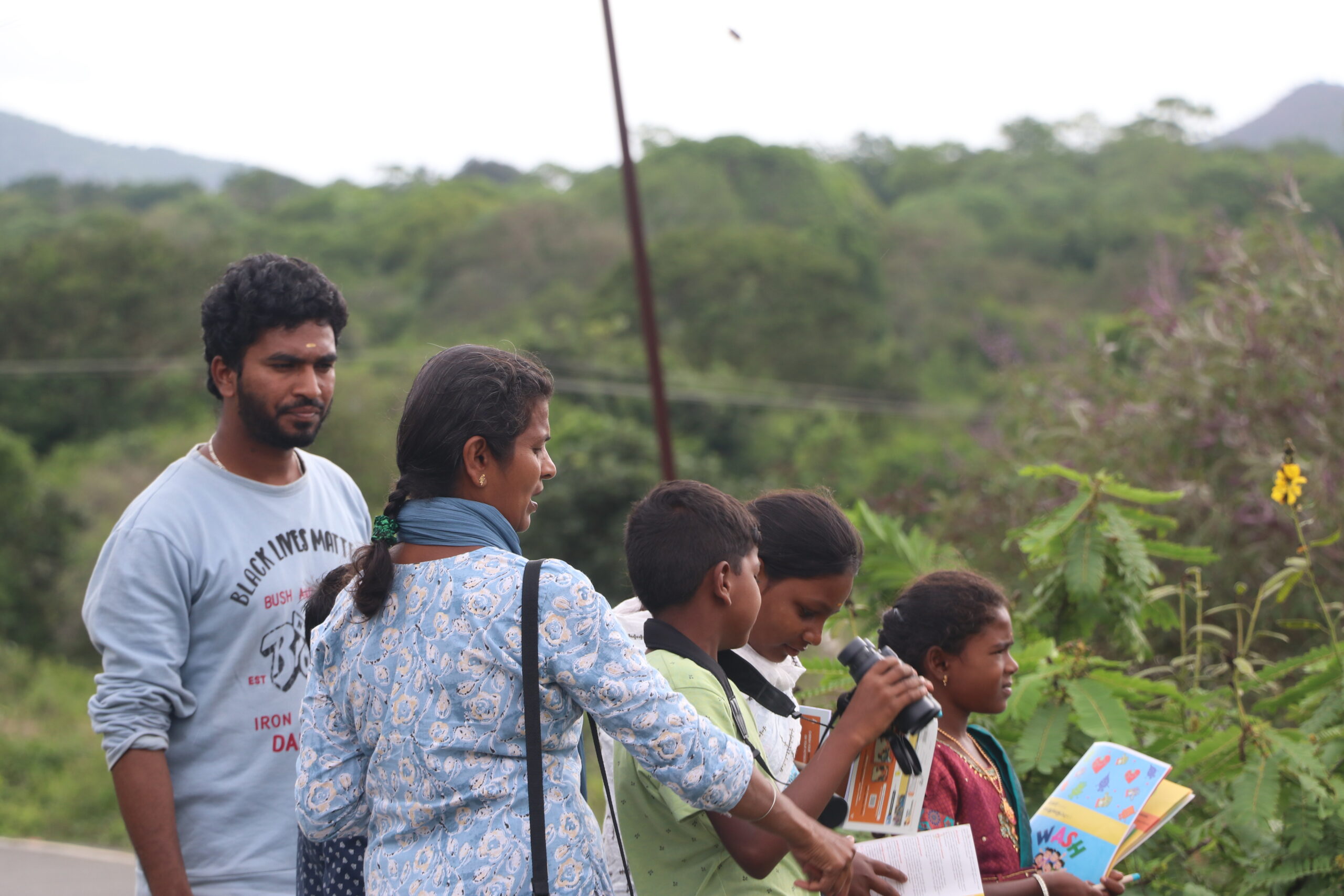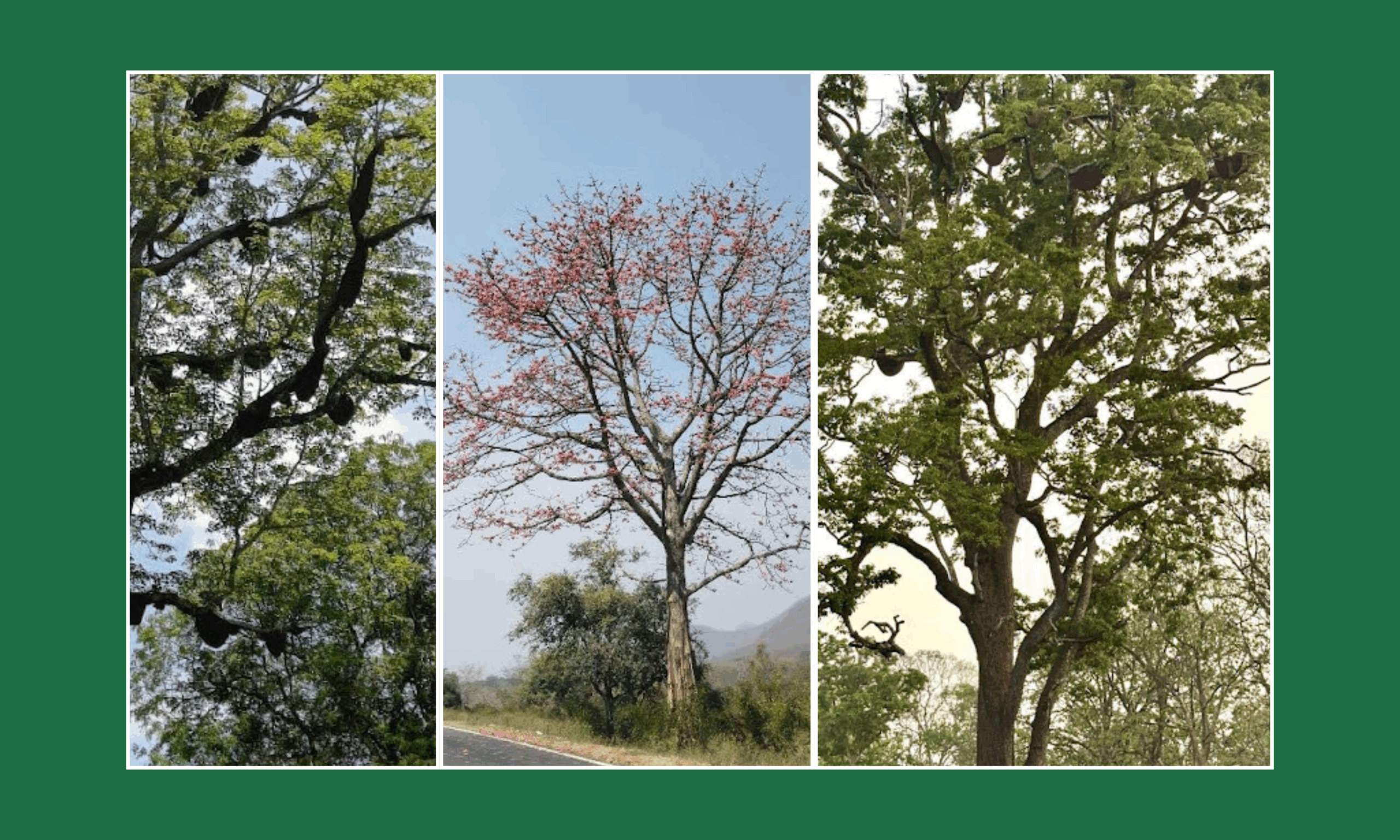By Anokha Venugopal
The third year of the Nilgiris Field Learning Program (NFLP) began on July 1st, 2024.
This year, the focus of NFLP is slightly different, as it maintains not just a community mental health focus, but an equally significant focus on global public health through understanding public health concerns within an indigenous context. Additionally, NFLP students this year were not just from Cornell, but other universities as well, including East Carolina State University and the University of Rochester. Through the course, students discussed local contexts and other global indigenous contexts, including the relevance of traditional knowledge and ritualistic processes in addressing mental health concerns.
One another change to the program this year is the expansion of the student body beyond health workers. This includes Keystone Community Resource People, such as climate educators that are able to contribute other important contexts, including climate change, food security, water access, and more to discussions.
For the first two weeks of the program, Professor Andrew C. Willford taught students about how to understand the global mental health space through a medical anthropology lens. In Professor Willford’s teaching, students learned about the significance of social and cultural determinants/contexts in making correct diagnoses and treatment plans.
This year, Professor Deena Thomas, PhD, MPH, a Public Health Teaching and Research Fellow within the Division of Nutritional Sciences at Cornell was introduced to the NFLP program. Through Professor Thomas, global public health has been incorporated into the NFLP curriculum for the first time.
As is typical every year, NFLP paid a visit to The Banyan, a Chennai based NGO that “promotes the capabilities and participation of individuals living with psychosocial distress” (The Banyan). This is a key part of the program, where students spend a week understanding approaches to addressing mental health in a more urban setting.
So far, students have identified 3 research projects. The first project examines the relationship between forests and identity, looking at how the forest has changed over time and how these changes have affected healing practices and forest access. The second project studies individual perceptions and stigmas of both traditional and western practices around mental health. Finally, the third project builds on the work of Keystone’s community health workers that conducted a training on identifying and interventions around anemia in local communities–students aim to measure the effectiveness of this project and make it more culturally informed.


















